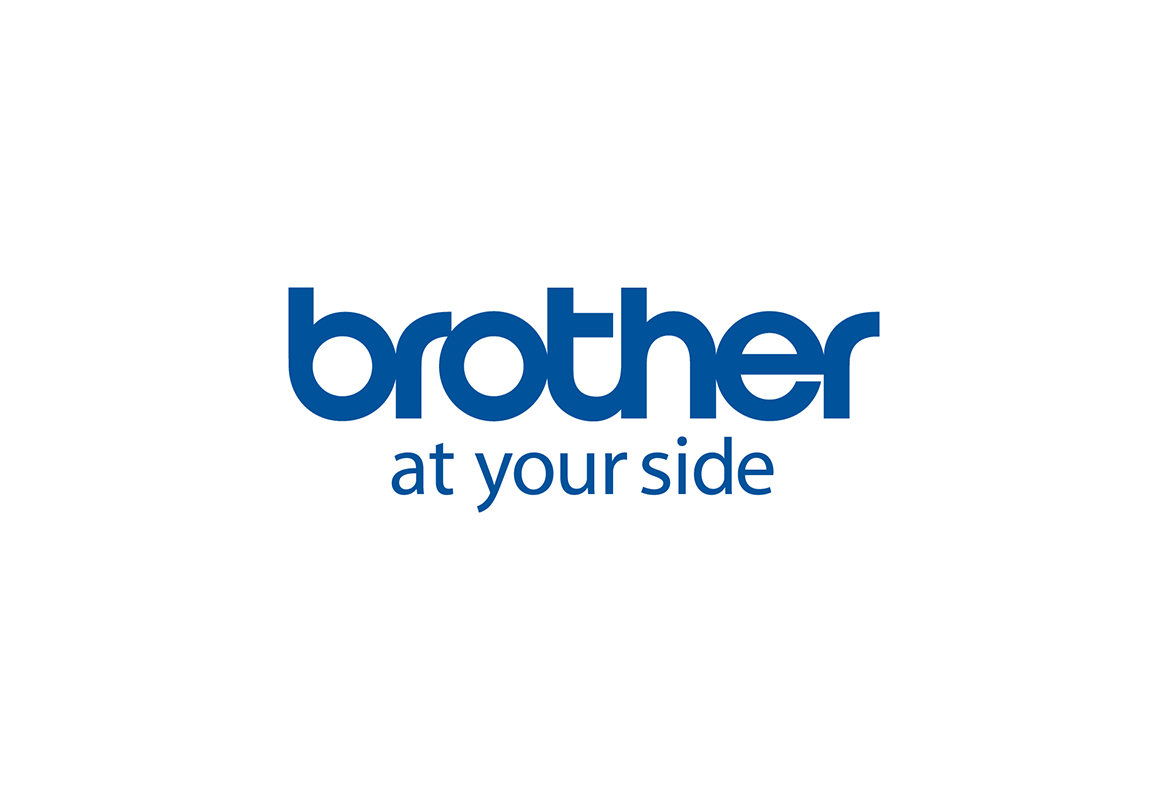
How Huel is shaking up the food scene
The meal-replacement company Huel owes its growing success to putting speed and convenience first.
The company is best-known for its vegan powder, which when mixed with water and one of Huel’s natural flavourings, can be knocked back instead of a more traditional breakfast, lunch or dinner. Sales are rocketing.
If it all sounds a little far-fetched, consider this: around 30 per cent of food is wasted, and alongside food waste, the global impact of intensive agriculture and the health and environmental impact of poor quality, meat-heavy diets are all growing concerns for consumers as well as health professionals.
For James McMaster, the recently hired CEO of Huel, a complete meal replacement for one or even two small meals a day represents a compelling alternative.
“A year ago, Meat-Free Monday as a concept wasn’t very strong. Now, a lot of my friends do it and it’s building a following very quickly. I think Huel is hitting this moment at the right time.”
Huel’s appeal ranges beyond veganism. While portions follow a standard format, you scoop as much as you want, minimising waste.
At £1.30 per serving, the shakes represent an affordable meal, and for office workers, the time-poor and the calorie-savvy, the lack of cooking or preparation and the consistent nutritional value of each meal takes all the hassle out of getting something to eat.
Saving time, saving money
McMaster began his career as a strategy consultant before joining Gu desserts and Ella’s Kitchen children’s food. He was part of the launch team for a breakfast drink brand in the UK called Up & Go and joined Huel in November 2017.
“Being around challenger brands that are distinctive and are growing very quickly teaches you to be super nimble and disruptive,” he says. “You try things that others would say no to.”
Doing just that, he says, has helped Huel grow incredibly quickly in only two-and-a-half years, with new flavours and products in a range that includes bars, granola and the original powders. “We’re probably in the top five fastest growing companies in the UK,” he says.
“We already have an office in Berlin and another in Los Angeles. When we meet people they’re really excited about the brand and that gives you a big buzz.”
The key approach that has enabled this rapid growth is to concentrate on minimum viable products (MVP), he says. This development technique is becoming more common for start-up businesses which can launch just as soon as a product is ready, even if it isn’t “finished”.
“We will launch products quickly and we have an incredibly passionate forum of fans or ‘Huellers’ who tell us immediately if something is not quite right,” says McMaster.
For a product as basic as food the success of Huel’s speed is actually down to modern technology, says McMaster, and the community interaction it facilitates.
“If you can be online you can sell direct to consumers. That means that the actual cost and downside to launching a market isn’t crazy – we don’t need big teams and big capital expenditure,” he explains.
“People in Sweden have recently been talking about Huel and we saw that some of our sales from our UK website to Sweden have been growing so, very quickly, we’ve turned on a Swedish website.”
McMaster says that technology now can offer far more insight into customers that even five years ago, but that the quality of feedback you can get directly from customers is almost as valuable, particularly when operating a lean MVP approach.
“The joys of social media mean that you can have daily feedback on what’s going on around the world and I feel sorry for brands that were created without that,” he says.
Huel is very active online and McMaster describes the Hueller forum as “a masterstroke” for the power it has given the company to react quickly and intelligently to customer demand on an international scale.
“We have a very transparent two-way conversation that allows us to create a better product for our fans,” he says. “I think this reflects how business has changed. Modern brands aren’t just owned by the brand, they’re owned by the people who consume the brand too.”




